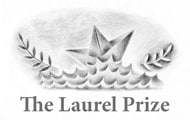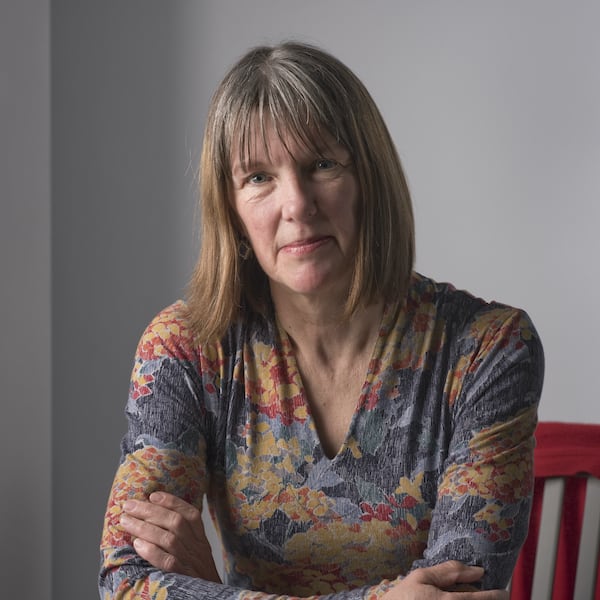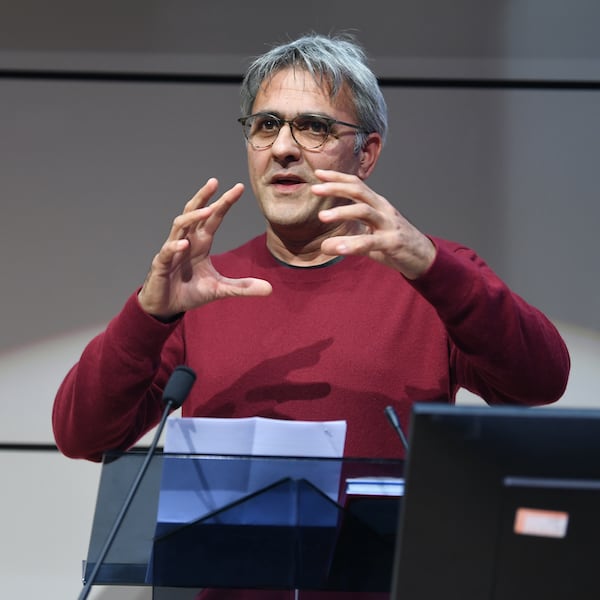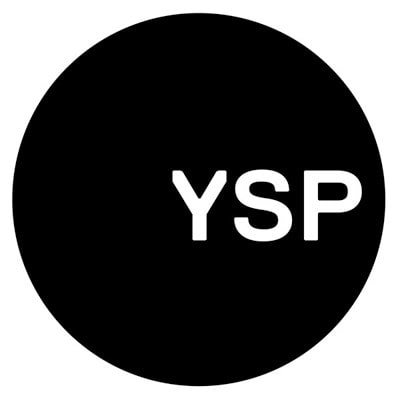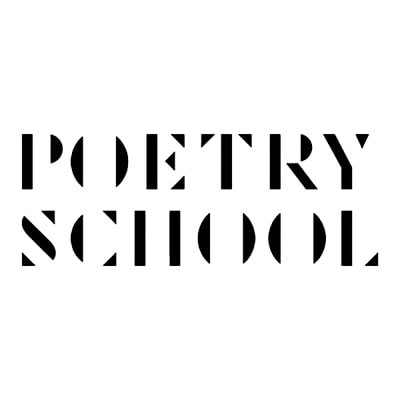‘We are facing the most catastrophic threat to the future of our planet that we have ever encountered.’
Over the course of my ten year Laureateship I want one of the headline projects to be a prize or award that recognises and encourages the resurgence of nature and environmental writing, currently taking place in poetry.
The new wave of nature writing in non-fiction has been well documented over recent years but not enough attention has been paid to a similar move in poetry, with climate crisis and environmental concerns clearly provoking this important strand of work.
I have established The Laurel Prize as an annual award for the best collection of nature or environmental poetry to highlight the climate crisis and raise awareness of the challenges and potential solutions at this critical point in our planet’s life.
In celebrating and rewarding this work, the Prize aims to encourage more of it, and to become part of the discourse and awareness about our current environmental predicament.
Building on the success of its inaugural year, the Laurel Prize will now become an international award for nature poetry written in English. This is also a way of recognising the global importance of environmentalism, and drawing together concerned voices from across the planet.
I will donate my annual Laureate Honorarium of £5,000 towards the prize money each year.
Simon Armitage, Poet Laureate.
The Laurel Prize
This year there are five prizes:
First Prize will win £5,000.
Four additional finalists will receive £1,000 each.
Our Judges
Kathleen Jamie is a poet and essayist. Her work concerns nature, travel and culture. Her poetry collections include The Overhaul, which won the 2012 Costa Poetry Prize, and The Tree House, which won the Forward prize. Her non-fiction essays are collected in the three highly regarded books Findings, Sightlines, and Surfacing, all regarded as important contributions to the ‘new nature writing’. The Bonniest Companie appeared in 2015, and won the Saltire Scottish Book of the Year Award. In 2024 she published Cairn, ‘a view from the strange here-and-now’, and The KeelieHawk, a collection of poems in Scots. Kathleen’s interests are in archaeology, nature and environment, travel and art. From 2021-24 Kathleen served as Scotland’s ‘Makar’, or National Poet.
Daljit Nagra is Professor of Creative Writing at Brunel University of London, and Chair of the Royal Society of Literature 2021 – 2025. He is on the Council of Society of Authors, a PBS New Generation Poet, presenter of the weekly Poetry Extra on Radio 4 Extra. Daljit has five poetry collections, all with Faber & Faber, which have won the Forward Prize for Best Individual Poem and Best First Book, the South Bank Show Decibel Award and the Cholmondeley Award, and been shortlisted for the Costa Prize and twice for the TS Eliot Prize. His latest collection indiom is a Poetry Book Society Choice. He has an MBE for Services to Literature.
Caroline Lucas was the UK’s first Green Party Member of Parliament between 2010 and 2024, and before that served for 10 years in the European Parliament. She has served as both Leader and Co-Leader of the Green Party of England and Wales. She is a writer, campaigner and keynote speaker, with a particular interest in the role of education and the arts in mobilising action on the climate and nature emergencies. She has won numerous awards for her work: in 2020 she topped the list of the BBC Radio Woman’s Hour One Planet Power List of influential activists, educators and campaigners, and in 2024 the UK’s largest sustainable business awards scheme presented her with its Lifetime Achievement Award. She is Co-President of the European Movement, and a Trustee of the Towner Art Gallery in Eastbourne. Her latest book, a Sunday Times bestseller, is Another England: How to Reclaim our National Story.
Our Partners
Poetry School is a registered charity and a proud member of Arts Council England’s National Portfolio Organisations.
The Prize is supported by the Poet Laureate’s Honorarium, a Founder Patron and lover of poetry and a variety of other individual donors and trusts and foundations. Without their generosity, the Prize would not be possible.
Logo designed by Clive Hicks-Jenkins
